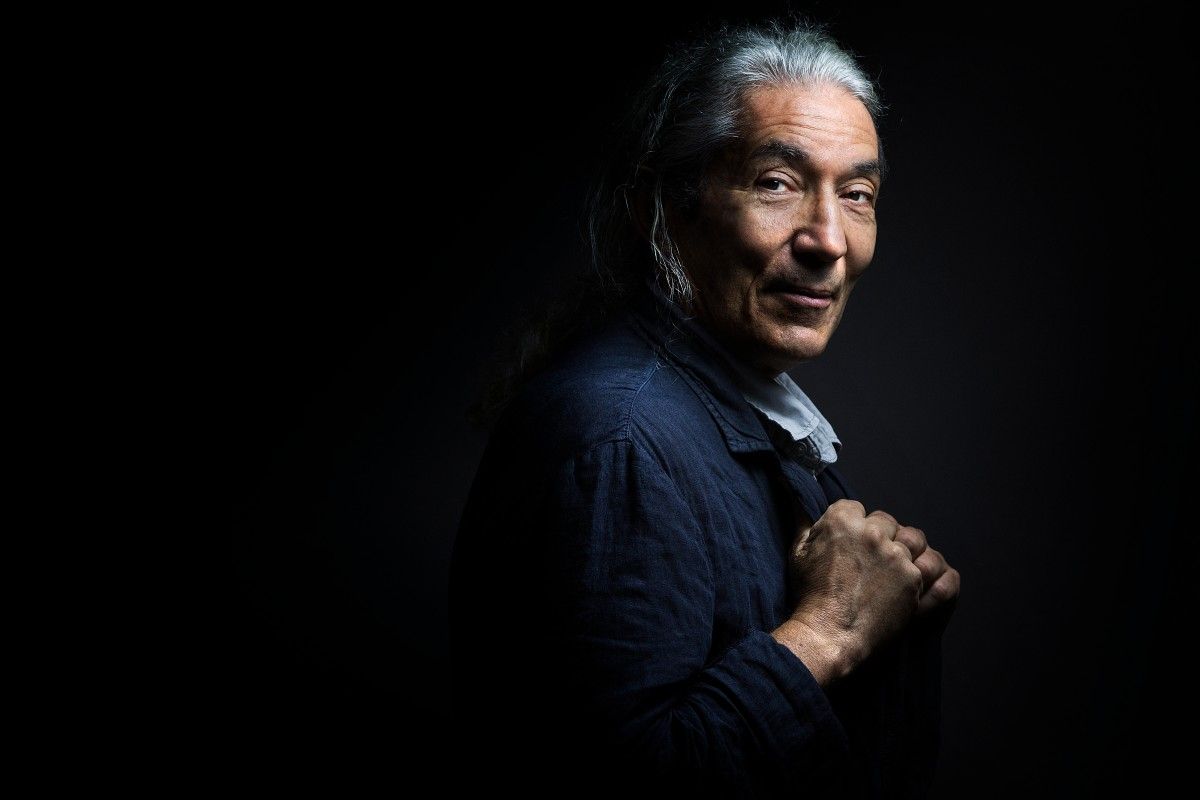
Franco-Algerian writer Boualem Sansal, imprisoned in Algeria for the past six months, has been awarded the Cino del Duca Prize for his body of work. The award highlights his literary fight for freedom of expression in the face of censorship.
Boualem Sansal, who has been jailed in Algeria for six months, was awarded the international Cino del Duca Prize on Wednesday. The French literary prize honors "the strength of a writer who (...) continues to make their free voice heard."
Recognized for his entire body of work, Boualem Sansal joins the ranks of past laureates like Andrei Sakharov, Léopold Sédar Senghor, Jorge Luis Borges, and Milan Kundera. Kamel Daoud also received the award in 2019.
The prize, worth €200,000 and funded by the Simone and Cino Del Duca Foundation (run by a Franco-Italian publishing group), pays tribute to "a writer whose voice, despite borders and censorship, continues to be heard—humanist at heart and urgently necessary," the jury said in a statement.
Established in 1969, the award aims to “honor the lifetime achievement of a French or international writer or scientist whose work promotes a modern message of humanism.”
Sansal, 80, was arrested last November at the Algiers airport and has been held in custody ever since.
On March 27, he was sentenced to five years in prison, mainly for remarks he made in October during an interview with the far-right French outlet Frontières, where he argued that Algeria had inherited territory from Morocco during French colonization.
An appeals hearing is scheduled for June 24.
The case has become a point of diplomatic tension between Algeria and France. Algiers insists its judiciary is simply doing its job, while Paris has called for "a gesture of humanity" toward Sansal, who is reportedly battling cancer.
Since summer 2024, Algeria and France have been in the midst of one of their worst diplomatic crises since Algerian independence in 1962, with all bilateral cooperation frozen and a recent wave of reciprocal diplomatic expulsions.
“Freedom of Creation”
Sansal’s publisher, Gallimard, arranged for a French lawyer to defend him, but the lawyer was never granted a visa to enter Algeria.
“Boualem Sansal is a major voice in Francophone literature,” the jury noted. “With rare courage and a graceful pen, his writing reflects an unwavering commitment to our shared language and the values it carries. By awarding him this prize, we are reaffirming our dedication to creative freedom, intellectual debate, and cultural life.”
The jury includes 14 members, 12 of whom come from the five academies of the Institut de France. It is chaired by Franco-Lebanese writer Amin Maalouf, the permanent secretary of the Académie française.
The prize is scheduled to be presented "under the Dome of the Institut de France during the formal ceremony for the Grand Prizes of the Institute’s foundations, on June 18,” according to the Simone and Cino del Duca Foundation. The details of the ceremony remain to be determined.
Sansal made his literary debut in 1999 with The Barbarians’ Oath, a novel depicting the rise of Islamist extremism in a violent, fearful, and corrupt Algerian society.
Published in Paris by Gallimard, the book was well received in France. But in Algeria, where Francophone literature is increasingly marginalized, Sansal remains little known to the general public.
His other works include The German Mujahid, which was banned in Algeria for drawing parallels between Islamism and Nazism, and Rue Darwin.
In 2013, the Académie française awarded him the Grand Prix de la Francophonie. In 2015, he won its Grand Prix du Roman for 2084, a dystopian novel inspired by George Orwell’s 1984, envisioning an Islamist dictatorship in the fictional nation of Abistan, where people must pray nine times a day.
By Hugues HONORÉ / AFP
Comments